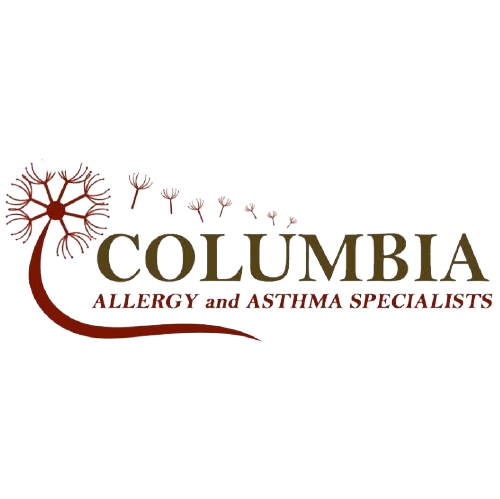Content reviewed by Marcy D. Markes, MSN, APRN, FNP-BC
We test for up to 60 of the most common airborne allergens and 55 food allergens. Airborne allergies include things like animal dander, pollen, dust mites, and mold. Food allergies include foods such as peanuts, dairy, and gluten. Allergy testing allows us to determine whether your symptoms are due to an allergic response or something different. If airborne or food allergy testing is positive, such as pollen, animal dander, dust mites or mold, we will develop a treatment plan that is designed with your specific needs in mind.
We use a needle-free allergy testing methodology that is as close to pain-free as you can get, and it is believed to be more accurate due to a reduced skin reaction response.
Needle-Free Allergy Testing
As previously mentioned, our customers appreciate, and often compliment, our needle-free allergy testing which proves to be less painful and provides more accurate analysis. This allergy testing is performed to give the patient a sense of relief because they are not going through a blood allergy test or needle-based allergy test.
What to expect from the needle-free allergy test?
Well, to be honest the process is pretty quick, but we will provide you with a list of what you should expect before going into your first needle-free allergy test.
- Our allergy staff will clean the area of skin being tested, usually your forearm or upper back.
- Our allergy staff will get out a disposable plastic grid device that has tips like a brush.
- Various testing liquids, allergens, will be applied to the tips of the device.
- The various airborne or food proteins could include things like grass pollen, dust mites, dog or cat dander, mold, peanuts, tree nuts, wheat, milk, etc.
- Next, the device will be applied to your forearm or upper back. Remember that this device is similar to a brush, so there should be little to no pain with this process.
- Within 20 minutes the results are interpreted by reading the size, swelling, and redness of the skin.
- If there is a true airborne or food allergy, the area will be temporarily red, itchy, and swollen.
- If there is any sort of reaction to the testing, we will discuss the findings with you. Together will then discuss further steps including treatment options.
Next Steps after Your Allergy Test
After the results are clear, and you have discussed any questions with our providers, they will explain the various allergy treatment options offered by Columbia Allergy and Asthma Specialists. Everyone’s allergic reactions are taken into consideration when determining correct treatment. Your allergy provider may recommend Allergy Immunotherapy Treatments, since this is designed specifically for you and your allergies. If you would like to learn more about the allergy treatments offered, please visit our Allergy Treatment page. Let us help you and your allergy situation today!
Continued Support at Columbia Allergy and Asthma Specialists
Here at Columbia Allergy and Asthma Specialists, we truly want to help you in any way we can. If you feel you are reacting to an allergen, but not quite sure what it might be, schedule an appointment with us! We want to help individuals find their allergies and treat them effectively. Here at Columbia Allergy and Asthma Specialists, we always want to provide the best possible way of life for you or your loved ones.
